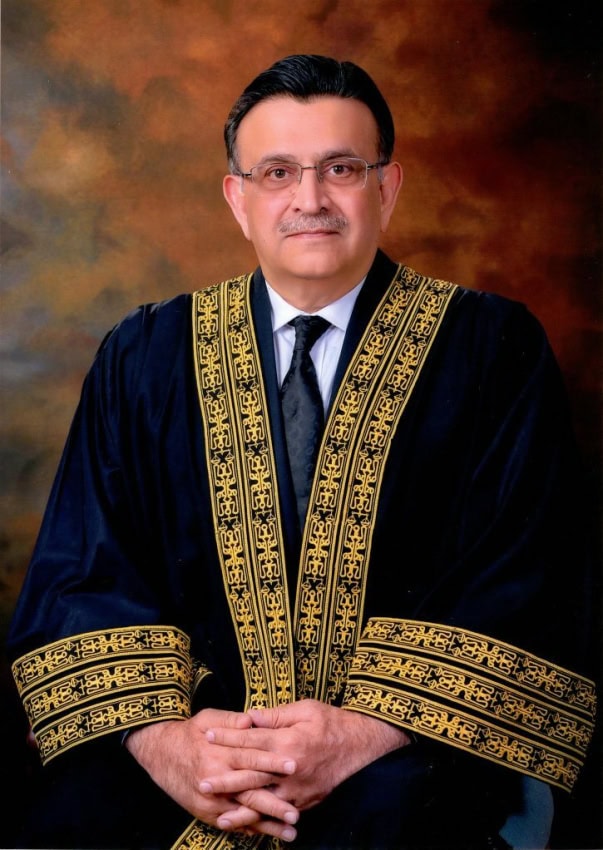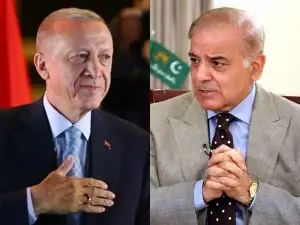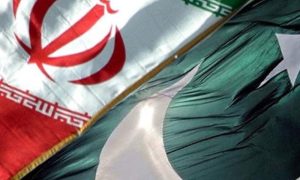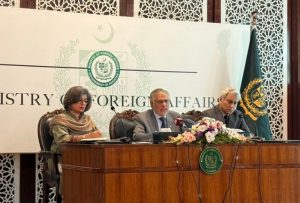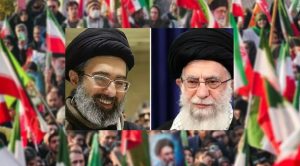Justice Umar Ata Bandial is the 28th Chief Justice of Pakistan. President Arif Alvi approved his appointment as the chief justice of Pakistan on January 13, 2022 and he assumed his office on February 2, 2022. He will retire as the chief justice of Pakistan on September 16, 2023.
Born on September 17, 1958 in Lahore, Justice Umar Ata Bandial received his elementary and secondary education in Kohat, Rawalpindi, Peshawar and Lahore. He got his Senior Cambridge certificate in 1973 from St. Mary’s Academy, Rawalpindi and Higher Senior Cambridge certificate from Aitchison College in 1975. He secured his B.A. (Economics) degree from the Columbia University, USA, in 1979 and a Law Tripos degree from the Cambridge University, UK, in 1981.
Justice Bandial qualified as Barrister-at-Law from Lincoln’s Inn, London, in 1982. In the same year, he was enrolled as an advocate of the Lahore High Court and later as an advocate of the Supreme Court of Pakistan.
Justice Bandial established his law practice in Lahore, dealing mostly with commercial, banking, tax and property law matters. After 1993 until his elevation, Justice Umar Ata Bandial handled international commercial disputes. He appeared in arbitration matters before the Supreme Court of Pakistan and foreign arbitral tribunals in London and Paris. He remained professionally associated with the Hitachi-Rupali dispute (1998), the Hubco-GoP dispute (2000), the Ghazi Barotha Contractors-WAPDA dispute (2001) and the Bayinder NHA dispute (2004).
On December 4, 2004, Justice Bandial was elevated as a judge of the Lahore High Court. He refused to take oath under PCO in November 2007 and was restored as a judge of the Lahore High Court as a result of the lawyers and civil society movement for revival of the judiciary and constitutional rule in the country.
As a judge of the Lahore High Court, Justice Bandial rendered judgments in a number of important public and private cases. These cases include the affirmation of the autonomy and independence of the office of Chief Election Commissioner; the sanctity of the office of the President as symbol of the unity of the Federation requiring its detachment from political involvement and activity; the necessity of ensuring transparency and competition in governmental licensing of Hajj Group Organizers in a Rs9.25 billion annual business; holding the Lahore skyline to be public property for purposes of local authority regulation of sky signs; declaring the decisions of the Council of Common Interests in the matter of Kalabagh Dam to possess sanctity and enforceability unless modified according to the Constitution; the enforcement of transparency and merit criteria for appointment of Provincial Public Prosecutors.
Justice Bandial was appointed the Chief Justice of the Lahore High Court, Lahore, on January 1, 2012. He served in that office until his elevation as a judge of the Supreme Court of Pakistan on June 17, 2014.
As an advocate, he taught Contract Law at the Punjab University Law College for four years until 1987 and remained a member of its Graduate Studies Committee whilst serving as a judge of the Lahore High Court.
Controversies
Chief Justice Bandial drew criticism from the public for his decision to open the top court at midnight on April 10, 2022, the day when Imran Khan was removed as prime minister of Pakistan.
In April 2023, Chief Justice Bandial was criticised by the coalition government led by the Pakistan Muslim League-Nawaz (PML-N) for allowing a three-member bench of the Supreme Court to give verdict on the critical issue of delay in elections instead of forming a full court.
The government clipped the chief justice’s powers to take suo motu notice on important issues and refused to accept the Supreme Court’s judgement on elections in Punjab.

